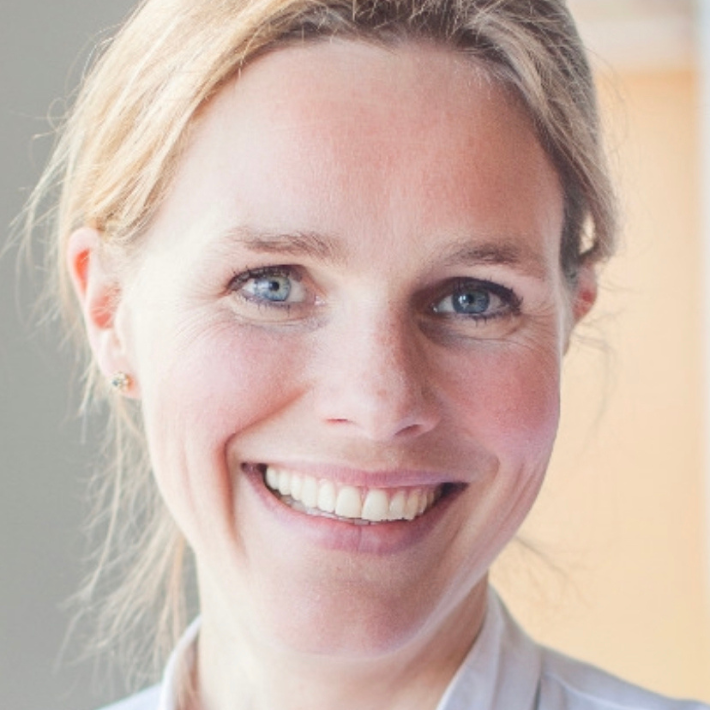Vidi grant for internist Liesbeth Winter for research on osteoporosis caused by anti-inflammatory drugs
&width=710&height=710)
Glucocorticoid hormones occur naturally in our bodies. They are made in the adrenal glands. The most well-known natural glucocorticoid is cortisol, also known as the stress hormone.
Glucocorticoids are also often prescribed as medications. They are crucial in the treatment of inflammatory diseases. The disadvantage of using them as medications is that they can cause serious bone damage, such as: osteoporosis, fractures and, as a result, loss of independence and quality of life.
Reinstating Rhythm
The natural glucorticoid cortisol has a very strong day-night rhythm. Winter previously showed that this hormonal rhythm is important for keeping our bones healthy. When glucocorticoid drugs are taken, this rhythm disappears. In her project, she is investigating whether it is possible to prevent osteoporosis by restoring the rhythm during glucocorticoid medication treatment.
Long-term symptoms fractures underestimated
“The results of this study could have a major impact on all patients who are dependent on these medications,” says Winter. She says it is often underestimated how bothersome fractures are in the long term. Vertebral fractures, for example, often lead to untreatable back pain, walking difficulties and abdominal and lung problems. “By maintaining a good bone health while taking glucocorticoid medication, we can prevent fractures. With that, quality of life will be maintained. Since there are more than 200 million people worldwide taking glucocorticoid medications, this is a very large group of people.”
Solution to the problem
The internist-endocrinologist is going to spend the next five years researching why that hormone rhythm is so important by looking at how those rhythmic glucocorticoids affect bone. Winter: “I want a solution to this problem as soon as possible. Therefore, I will also study directly in humans whether we can prevent the bone complications by reinstating the rhythm.”
An amazing opportunity
The researcher calls it a great honor to receive the Vidi grant. “I take great pleasure in conducting scientific research, so this is an amazing opportunity. But above all, I am very happy that we may now be able to find a new treatment to keep bones healthy despite using glucocorticoid drugs. This will prevent a lot of suffering.”
NWO talent program
The Vidi grant is part of the NWO's Veni Vidi Vici talent program in which the Vidi is awarded to researchers who have already conducted several years of research after their PhD. The funding of up to €850,000 allows Vidi laureates to further develop their own line of research and research group. This year, 102 Vidi grants were awarded.
Resume Liesbeth Winter
Liesbeth Winter is an internist-endocrinologist and Associate Professor. She specializes in (rare) metabolic bone diseases, calcium/phosphate disturbances and (complex) osteoporosis. She combines clinical duties with teaching and research. Her research focuses on bone and is translational and clinical in nature. In addition to her research on the role of circadian rhythm for (healthy) bone, she conducts research on the genesis, diagnosis and treatment of the rare disease chronic non-bacterial osteitis (CNO) and on patient well-being. She has obtained several awards and grants, including a grant from ReumaNederland (2019), the Praesidium Libertatis Grant for “the most talented young researcher at Leiden University” (2020), an LUMC Theme Grant (2021), the LUMC “Marie Paris Prize” (2022) and an Aspasia Grant from NWO (2023). Winter is senior editor of the scientific journal Endocrine Connections, and active in several national and international associations. For example, she is active in the Dutch Society for Endocrinology (NVE) and the European (ECTS) and American (ASBMR) Society for Calcium and Bone, and co-chairs the Global Leaders Committee of the International Federation of Musculoskeletal Research (IFMRS).